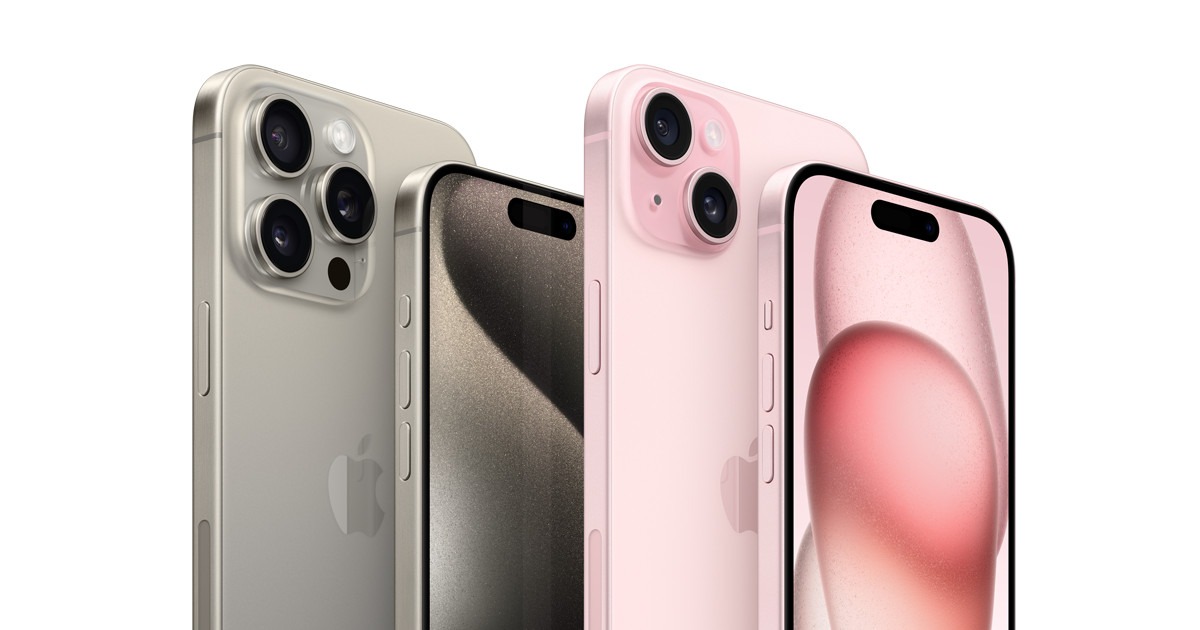In a move guaranteed to either streamline your life or trigger an existential crisis about the fleeting nature of modern friendships, Apple is rumored to be developing a controversial new iPhone feature. The upcoming software update could automatically delete contacts you haven’t interacted with within a specified timeframe.
The feature, tentatively titled “Social Spring Cleaning,” aims to tackle the dreaded Contact List Bloat – the hundreds of names languishing in your phone, remnants of social circles past and forgotten networking encounters. Using algorithms analyzing call logs, messaging history, and social media engagement, your iPhone will play digital Marie Kondo, deciding which virtual relationships spark joy.
“Our phones are extensions of ourselves,” explains tech guru, Penelope Pixel. “An uncluttered contact list reflects a well-organized mind. This feature empowers users to prioritize meaningful connections.”
Initial descriptions of the feature suggest customization options. You could choose the culling timeframe (6 months? A year? Will ghosting become an exact science?) and potentially “whitelist” certain contacts to protect them from the digital purge.
Naturally, the potential implications are a fascinating mix of practical and unsettling. It could free you from the guilt of scrolling past names you barely recognize. Imagine a world where you don’t hesitate before answering a call from an unknown number, because it’s actually someone you know!
But the emotional fallout is trickier to predict. Will you experience a pang of regret upon realizing your iPhone deemed your college roommate or distant cousin irrelevant? Could accidentally deleting a potentially useful work contact lead to panic?
Of course, Apple insists the feature is about fostering genuine connections, not encouraging social isolation. They even suggest the auto-delete process could generate nostalgic reminders: “Rediscover old friends before they’re gone!”
The news has sparked heated online debate. Some embrace the efficiency, while others decry the potential loss of serendipitous reconnections and the further erosion of human agency in an algorithm-driven world.
Whether “Social Spring Cleaning” becomes a beloved feature or merely fuels social anxiety remains to be seen. But one thing’s for sure: the concept forces us to confront the ever-changing nature of our relationships in the digital age, and the unsettling possibility that our phones might know us (and our true social circles) better than we do ourselves.

